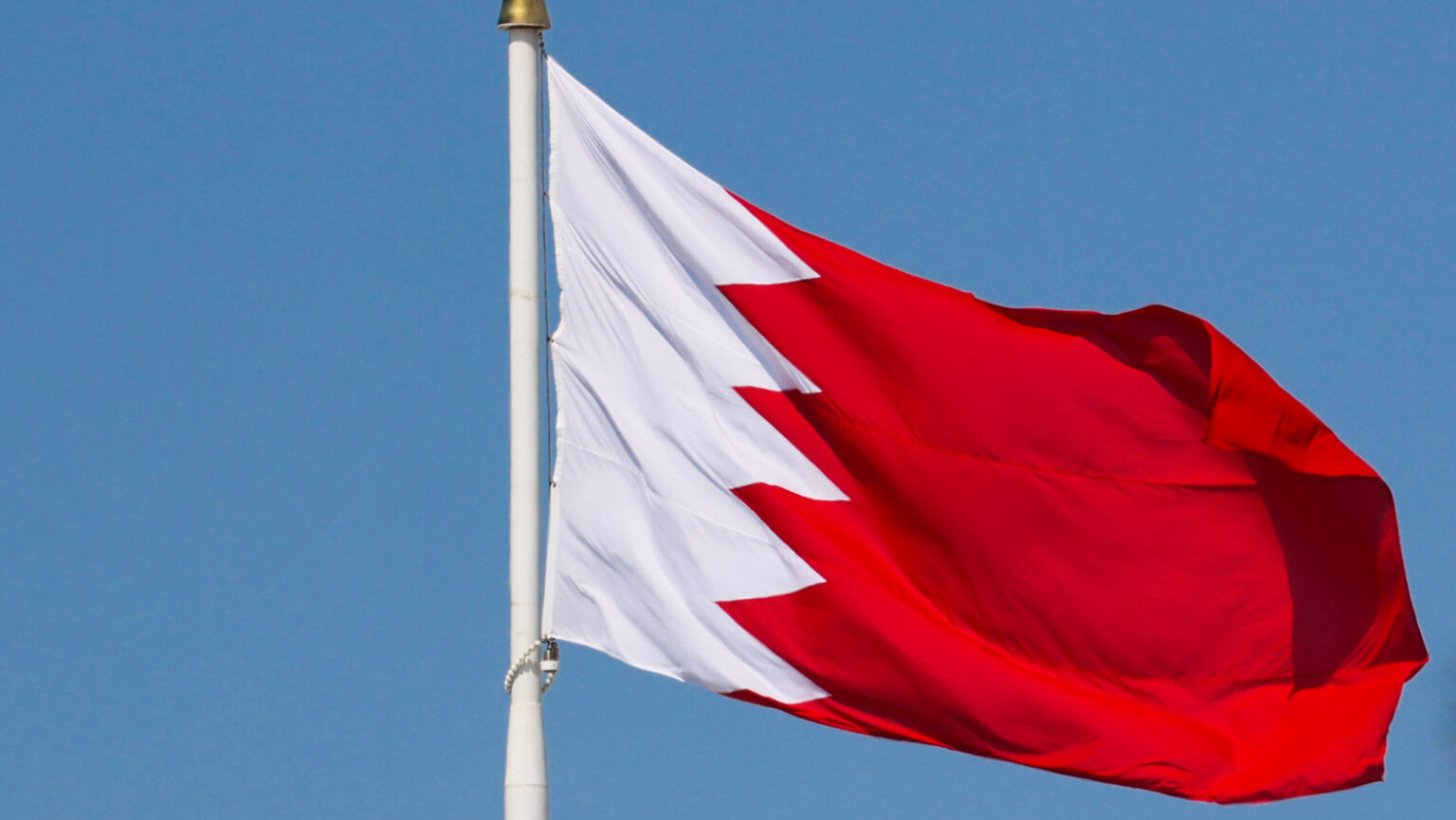In a significant move aligning with international tax reforms, Bahrain has enacted Decree-Law No. (11) of 2024, introducing a 15% Domestic Minimum Top-Up Tax (DMTT) on large multinational enterprises (MNEs) operating within its borders. This legislation, effective for fiscal years starting on or after January 1, 2025, aims to ensure that MNEs pay a minimum effective tax rate (ETR) of 15% in Bahrain. The new law represents a crucial step in the country’s economic and financial policy reforms, reinforcing its commitment to fair taxation and compliance with global tax standards.
Scope and Applicability
The DMTT applies to Bahraini constituent entities of MNE groups that meet specific criteria. To fall under this tax regulation, an MNE must fulfill the following conditions:
- Global Presence: The MNE group must have entities, including subsidiaries, branches, or permanent establishments, in at least one jurisdiction outside the country of its ultimate parent entity.
- Revenue Threshold: The group must have consolidated annual revenues of at least EUR 750 million in at least two of the preceding four fiscal years.
Certain entities are excluded from the DMTT, such as government bodies, international organizations, non-profit organizations, pension funds, and investment funds that serve as ultimate parent entities. While these entities are not subject to the tax, their revenues are considered when determining if the MNE group meets the revenue threshold. This exclusion ensures that tax-exempt organizations remain unaffected while ensuring that large corporations contribute their fair share.

Calculation of the Effective Tax Rate
The DMTT ensures that the aggregated results of Bahraini constituent entities of an MNE group achieve an ETR of at least 15%. If the ETR falls below this threshold, Bahrain will impose an additional tax to meet the minimum rate. The ETR is calculated by dividing the adjusted covered taxes by the net income of the constituent entities. Covered taxes include current tax expenses accrued in the financial statements, adjusted for specific items as outlined in the forthcoming executive regulations.
This calculation framework aligns with international tax standards, ensuring consistency in tax treatment across jurisdictions. The tax base for DMTT is determined by the profits reported under international accounting standards, adjusted to eliminate artificial reductions in taxable income. This approach prevents profit shifting and tax avoidance by ensuring that taxable profits reflect genuine economic activities.
Substance-Based Income Exclusion
To account for substantial business activities, the DMTT law incorporates a Substance-Based Income Exclusion (SBIE). This exclusion allows a portion of income, determined based on tangible assets and payroll costs, to be exempt from the top-up tax. The SBIE aims to mitigate the tax burden on entities with significant physical presence and employment in Bahrain. By providing tax relief for genuine business activities, the law ensures that companies investing in the local economy do not face undue financial pressure.
Compliance and Registration Requirements
Entities subject to the DMTT must comply with strict registration and reporting requirements set by Bahrain’s National Bureau for Revenue (NBR). The registration process consists of two key steps:
- General Registration: Entities not already registered with the NBR for purposes such as VAT or excise duties must complete this initial registration.
- DMTT-Specific Registration: All in-scope entities are required to register specifically for DMTT purposes.
For MNE groups with multiple in-scope entities in Bahrain, one entity should be designated as the Filing Constituent Entity (Filing CE). This entity will handle registration, tax filings, and payment obligations on behalf of all in-scope entities within the group. Registration deadlines are as follows:
- By December 31, 2025: For entities meeting the revenue threshold in two of the four preceding years.
- Within 120 days: From the start of any fiscal year in which entities come within the scope of the DMTT law.
Filing and payment deadlines will be detailed in the executive regulations. Non-compliance with registration and filing requirements will likely result in penalties, reinforcing the need for MNEs to prepare for these obligations well in advance.
Alignment with OECD Guidelines
Bahrain’s introduction of the DMTT reflects its commitment to the OECD/G20 Inclusive Framework on Base Erosion and Profit Shifting (BEPS) 2.0 project. The initiative is part of a global effort to curb tax avoidance strategies used by multinational corporations. By implementing this tax, Bahrain aims to prevent profit shifting and ensure that MNEs contribute a fair share of taxes.
Notably, Bahrain is the first Gulf Cooperation Council (GCC) country to legislate the implementation of a DMTT. This proactive approach allows the country to retain taxing rights over Bahrain-sourced income, preventing foreign governments from collecting tax on such income. As a regional leader in tax policy reform, Bahrain’s move may set a precedent for other GCC nations, potentially leading to similar tax measures across the region.
Implications for Multinational Enterprises
The enactment of the DMTT represents a pivotal change in Bahrain’s tax landscape, traditionally characterized by the absence of corporate income tax outside the oil and gas sector. Large MNEs operating in Bahrain must now assess their structures and financials to determine the impact of this tax. Key considerations include:
- Tax Liability Assessment: Companies must evaluate their current ETRs to identify potential top-up tax obligations. Understanding the impact of the DMTT on overall tax expenses will be critical for financial planning.
- Compliance Preparedness: Ensuring readiness for registration and reporting requirements as stipulated by the NBR will be crucial. Businesses should allocate resources to tax compliance teams and consider engaging professional advisors.
- Operational Adjustments: Some companies may consider restructuring or operational changes to optimize their tax positions. This could include revisiting intra-group transactions, adjusting profit allocation strategies, or re-evaluating business models to align with the new tax framework.
Future Outlook
As Bahrain integrates the DMTT into its taxation system, further clarifications and executive regulations are expected. The government has emphasized its commitment to transparency and cooperation with stakeholders to ensure smooth implementation. Businesses operating in Bahrain should closely monitor regulatory developments and seek professional advice to navigate the complexities introduced by the DMTT.
Looking ahead, Bahrain’s move to introduce a domestic minimum tax may influence other GCC countries to adopt similar measures. As global tax regulations evolve, regional economies will likely continue aligning their tax policies with international standards to attract foreign investment while maintaining fair taxation practices.
Conclusion
Bahrain’s introduction of the 15% Domestic Minimum Top-Up Tax marks a significant shift in the country’s tax policy, reinforcing its commitment to global tax fairness. The new law ensures that large multinational enterprises contribute their fair share while maintaining incentives for genuine business activities. As implementation begins, businesses must proactively assess their tax strategies, comply with new regulations, and adapt to the evolving tax environment. This landmark tax reform solidifies Bahrain’s role as a forward-thinking player in global economic policy and sets a precedent for responsible taxation in the region.
Crypto Meets Forex: Bahrain’s SGB Pioneers Financial Innovation



